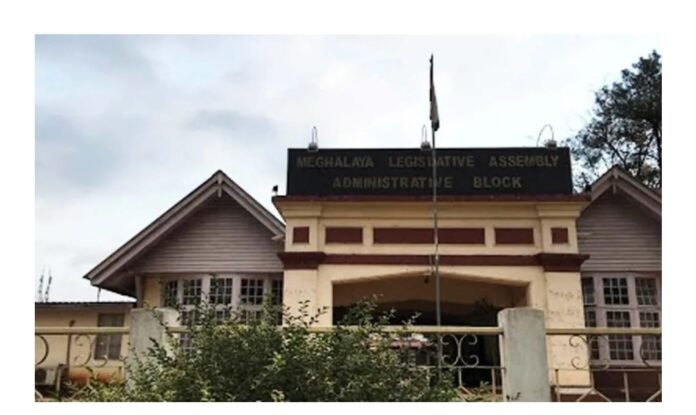In a recent development, the United Democratic Party (UDP) held a crucial meeting in Shillong to deliberate on the roster system. During the gathering, the party expressed its strong stance and urged the State Government to implement the system prospectively, commencing from the present time. This proposal comes in contrast to the government’s suggestion of retroactive implementation since 1972.
The roster system, designed to promote representation and equal opportunities for marginalized communities in employment and education, has become a subject of intense debate in Meghalaya. The UDP’s call for a prospective implementation implies that they advocate for applying the roster system to future vacancies and admissions, rather than attempting to rectify past discrepancies.
The meeting provided an opportunity for UDP members to discuss the intricacies and potential implications of the roster system. While the party’s specific reasons for favoring a prospective approach remain undisclosed, it is not uncommon for political parties to base their positions on ideological considerations or regional dynamics prevalent within their constituencies.
The UDP’s appeal to the Shillong Government signifies their strong belief in the necessity of a fair and inclusive system that provides opportunities to the underprivileged sections of society. By advocating for prospective implementation, the party aims to address the concerns surrounding the roster system from this point onwards, rather than delving into past issues.
As the debate on the roster system continues, it remains to be seen how the State Government responds to the UDP’s appeal. The implementation of the roster system in Meghalaya holds significant implications for ensuring equal opportunities and representation for marginalized communities, thereby fostering a more inclusive society.
The UDP’s recent meeting in Shillong centered around the roster system and its implementation. The party’s call for a prospective approach, starting from the present time, indicates their strong belief in rectifying the existing disparities and promoting a fairer society for all citizens of Meghalaya.
A roster system, in the context of employment and education, is a mechanism to ensure representation and opportunities for marginalized or underprivileged sections of society. It involves reserving a certain percentage of seats or positions for individuals belonging to specific categories, such as Scheduled Castes (SC), Scheduled Tribes (ST), Other Backward Classes (OBC), or economically weaker sections (EWS).
The UDP’s stance suggests that they want the roster system to be implemented from a future date, going forward, rather than applying it retrospectively since 1972. By advocating for a prospective implementation, the party may be suggesting that the benefits and reservations under the roster system should apply to future vacancies or admissions, rather than attempting to rectify the lack of implementation over several years.
It’s important to note that without further information, it’s challenging to determine the specific reasons behind the UDP’s call for a prospective implementation. However, political parties often take various positions based on their ideologies, regional dynamics, or specific circumstances prevalent in their constituencies.



